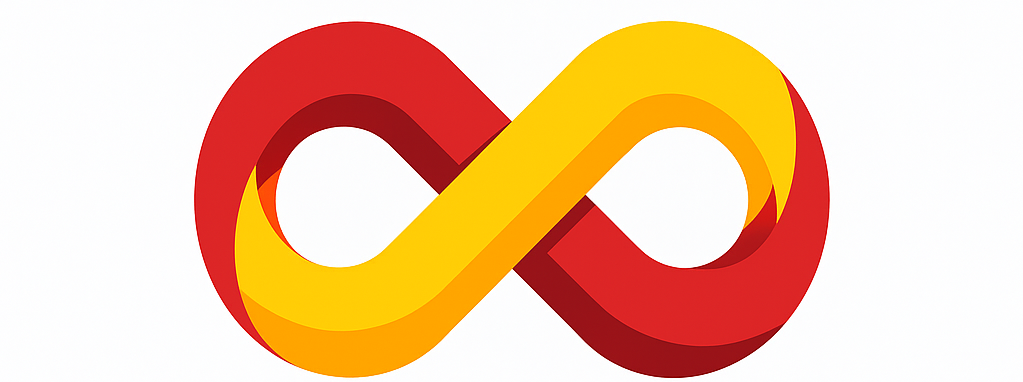Author: Чому після кави хочеться спати: науковий погляд на парадоксальну реакцію – Ateo.live.
Introduction
Most people consider coffee a reliable way to boost energy and focus. However, for a certain portion of the population, coffee has the opposite effect—it induces sleepiness. This phenomenon is often linked to how the brain works, particularly the neurochemistry of individuals with anxiety.
What is Caffeine and How Does It Usually Work?
Caffeine is a natural stimulant that blocks adenosine receptors in the brain. Adenosine is a neurotransmitter that signals fatigue. When caffeine blocks these receptors, the brain doesn’t “see” the fatigue and keeps functioning at a higher level. That’s why most people feel energized after a cup of coffee.
The Neurochemistry of Anxiety
People with generalized anxiety disorder (GAD), panic attacks, or neurochemical sensitivity often experience imbalances in neurotransmitters like dopamine, serotonin, and norepinephrine. This affects their response to stimulants such as caffeine. For some, caffeine causes a paradoxical reaction—sedation or sleepiness instead of stimulation.
Why Does Coffee Make You Sleepy?
- 1. Nervous system exhaustion: If the body is already in a state of stress or fatigue, a stimulant may not energize but instead cause further depletion and drowsiness.
- 2. Compensatory reaction: In some individuals, caffeine activates dopamine receptors and temporarily lowers anxiety. This relaxation is perceived as sleepiness.
- 3. Sleep disruption: Regular caffeine intake can impact sleep quality. Disruption of deep sleep phases leads to chronic fatigue, and the body may shut down after a new dose of caffeine.
- 4. Genetic variations: Some people carry gene mutations affecting caffeine metabolism (e.g., CYP1A2), which changes its physiological effects.
The Role of Dopamine
Dopamine is a neurotransmitter responsible for motivation, reward, and mood. People with anxiety or depression often have altered dopamine levels or receptor sensitivity. Caffeine, acting on the dopamine system, may create opposite effects: stimulation in some and a “crash” or calming effect in others.
Research and Evidence
A 2019 review in the journal “Psychopharmacology” noted that caffeine responses are highly individual. Studies reported that some people with anxiety experienced increased fatigue after coffee consumption. Another study in the “Journal of Clinical Sleep Medicine” confirmed that caffeine sensitivity is affected not just by dose but also by the psychophysiological state of the individual.
What Can You Do?
- Track your reactions to caffeine using a daily journal.
- Reduce the dose or switch to green tea, matcha, or decaf coffee.
- Avoid drinking coffee on an empty stomach.
- Limit caffeine intake after 3 PM to protect sleep quality.
- Include restorative habits in your routine: proper sleep, walking, magnesium, and B-complex vitamins.
- If anxiety persists, consult a medical or mental health professional.
Conclusion
Caffeine is not a universal stimulant. Its effects depend on many factors, including genetics, anxiety levels, neurochemical balance, and sleep habits. If coffee makes you feel sleepy rather than alert, it doesn’t mean something is wrong with you. It’s a signal that your nervous system reacts differently—and that’s worth respecting in your daily choices.
Note: This article is for informational purposes only. If you have problems with sleep, anxiety, or caffeine sensitivity, consult a healthcare provider.

